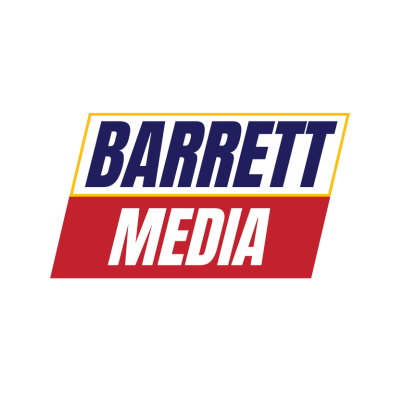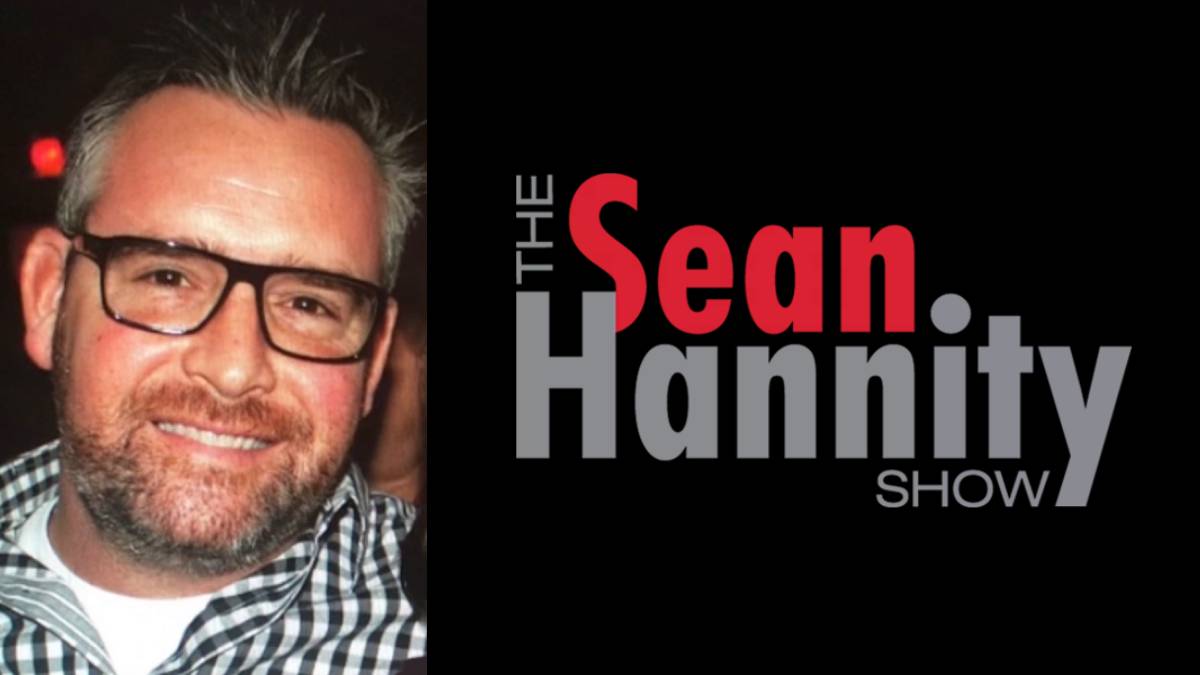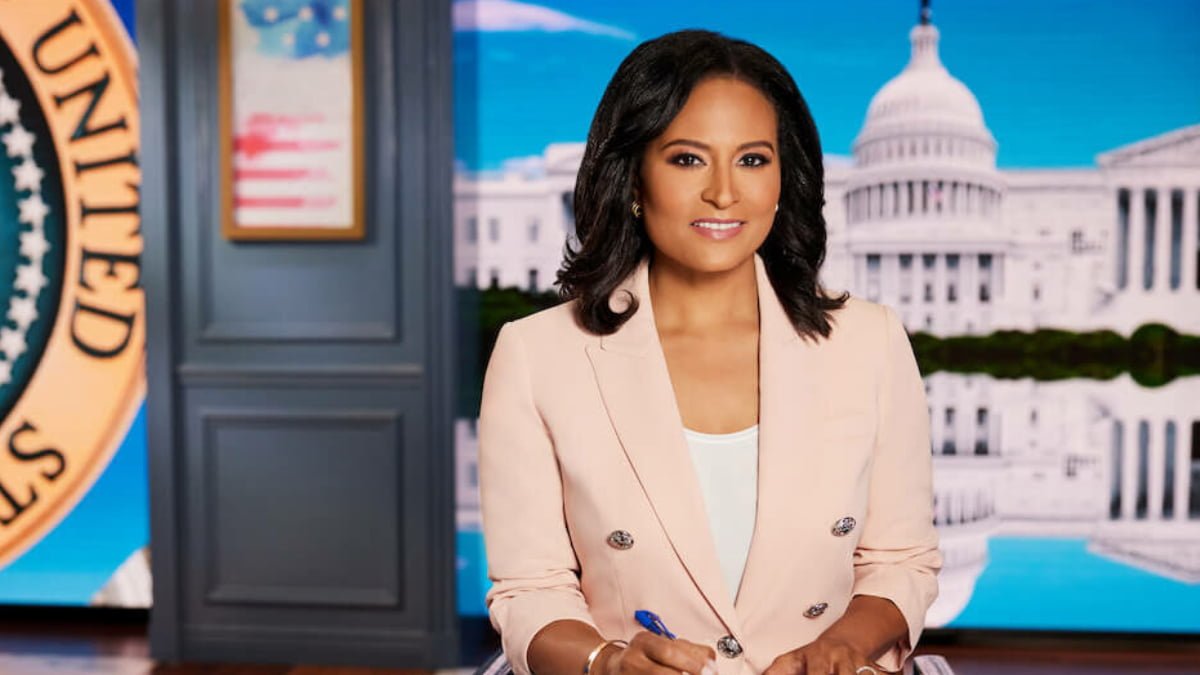In 1992, there was a major shakeup in the Atlanta radio scene when WGST lost its popular midday host, Neil Boortz, who decided to leave WGST and join its rival station, WSB. Meanwhile, Sean Hannity was making his way up in the radio industry and landed the midday slot at WGST. Eric Stanger had never met Sean Hannity, but he liked what he heard on his show. He was amazed that a guy so young could share opinions like he did and hold his audience.
Eric Stanger was working in a restaurant during the day and would do an evening shift in the WGST newsroom. Before he left at night, he made sure to leave Hannity a few stories for his show in the morning. This unexpected turn of events resulted in a long-lasting friendship between the two. Eric Stanger became Hannity’s trusted producer, laying the foundation for a remarkable partnership that has lasted for over three decades.
The Sean Hannity Show is syndicated on more than 700 radio stations throughout the country. With the passing of conservative talk pioneer Rush Limbaugh, many industry leaders now consider Hannity to be the reigning champion in the talk radio arena. Known for his legendary work ethic, Eric Stanger has had a front-row seat to observe one of the most remarkable careers in the history of talk radio.
It’s important to emphasize that The Sean Hannity Show is a testament to his work ethic and name recognition in the industry. However, it’s worth noting that even at that level, one cannot function without an incredible team of individuals supporting them.
In an interview with Barrett News Media, you’ll have the opportunity to meet the team behind the most popular talk radio program in the country and discover how Sean Hannity keeps up with the constantly evolving media landscape. This includes the continued emphasis on transitioning from being a traditional, one-medium brand to being present and accessible on every platform where listeners and viewers are found.
Ryan Hedrick: How did you meet Sean Hannity?
Eric Stanger: I got my paying start in radio at a station called WGST in Atlanta. Back then, it was the up-and-coming news/talk station, and we were going up against a well-known heritage station news talker, WSB. Neil Boortz, who had been on the station for years, left and went to WSB, so WGST needed a new midday guy.
I was working as a news assistant writing news articles and carting up sound at night, and they hired Sean from a station in Huntsville, Alabama. Because I was working at night, I was able to listen to the show during the day on my way to work (day job). I was working at a restaurant.
I just really loved his show. Sean was young and fresh; I think he was only 27 or 28 at the time, and I identified with his voice. I didn’t know you could be on the radio and be young and opinionated like that. His presentation really hit me. So, since I was working at night, I would pull AP stories off the wire and leave them for him on our shared desk. He would use the stories the next morning. He didn’t know who I was.
Finally, it came time for him to hire a full-time producer, and I interviewed, and we hit it off immediately, and I got hired. I was his first producer in Atlanta, and this is probably 1993.
Sean left the station to go launch Fox News Channel in 1996, and I went out to LA, and I went to go produce the Tom Leykis Show for Westwood One, and then I ended up coming back and working at WABC, and I was his (Hannity’s) producer there and we just kind of stuck together after that. I’ve been with him for more than 30 years.
RH: How did The Sean Hannity Show evolve from its early days in Atlanta to its status as a powerhouse on over 700 radio stations, eventually becoming the king of talk radio after the passing of Rush Limbaugh?
ES: We owe a great debt to Rush. Sean says it on the air all the time. Rush kicked the door down for all of us. All of us who are on the air and all of us who work in the conservative talk business. I am proud of all the work I do for Sean, but Sean would have been successful no matter what. He’s just one of these guys; when you combine his talent for the medium with his work ethic and drive, you have no choice at that point but to be successful.
That’s the element that’s really driven the success of Sean Hannity. He started this business in 1987. I go back with him to the Atlanta days.
When I think of what my role is now, I am the happiest guy in the world because I get to work with Sean, who I’ve known for years, who’s kind of like my big brother, and then we have this amazing staff.
RH: What role do you play in facilitating the day-to-day success of the show?
ES: The thing that I like to do is to be able to provide Sean and the production team with everything they need to have to do the best possible show every day, whether it’s in our studios in New York City or on the road. Sean goes on the road every now and then to do remotes and cover news and things like that. And then my other role is staying in touch with our affiliates. We have 720 affiliates now, and we’re very proud of that.
The thing I love is being able to talk to programmers, talk to sales guys, and help them succeed with Sean. I teach them how to sell the show and work with them on that. It’s about winning together. We crossed the 700-affiliate mark last year, and that’s a major milestone for us. The success of the show, Sean, is the driver of that. We have the greatest production staff in the world, and we have support from Premiere Networks.
We’ve worked with many different companies, and we’ve worked with Premiere for about 15 years. Everyone on our team is completely committed to their roles and to making the show successful.
RH: How many people work on The Sean Hannity Show daily?
ES: As far as syndicated radio shows, we have a small team. Everybody on our team plays a key role and works well together. I’ve been around for 30 years. Our Executive Producer, Lynda McLaughlin, our other Executive Producer, “Sweet Baby” James Grisham, producer Jason Mosse, Katie Holcomb and Blair Cullen, and another producer, Ethan Keller, all these people, except Ethan, have been with us for over 20 years.
We have a small team, and we have been around for years and years. We are all loyal to each other, and there’s a commitment that’s very special. When I talk to Sean about it, he calls his team a smooth-running machine. We all have a specific role, but we all help each other when we need It.
Every day in the studio, things run fast. There are so many elements that all need to come together in time for the broadcast. When you’re doing a live radio show, sometimes you’re booking guests up until airtime; it’s really demanding. You’re getting audio together; you’re putting together a cut sheet. All that must be communicated to Sean. It’s constantly changing circumstances, and everyone must be on their A-game daily.
I mentioned Lynda [McLaughlin]; she is extremely talented. She leads the studio team. She is really like the producer’s producer. She has a wonderful way of motivating the studio crew, communicating with Sean, and keeping the swirling chaos manageable. She’s on the air a lot now. She has this on-air banter with Sean that we get such amazing feedback on because she provides comic relief for the show.
We are devoted to Sean and care very deeply about the show’s success. Sean takes very good care of us. We all work on the number one show in the country, and it’s the best show in the country, and we know that and believe that. We work very hard to keep it that way.
RH: When you talk to affiliates, what are their clients saying about The Sean Hannity show?
ES: I’m happy that I can talk to not only programmers and affiliates but salespeople because I think that it’s important. We take great stock in ratings, but I also like to help sales departments sell the show successfully. I think that’s equally important. You can have great ratings, but it will not be successful if your sales department doesn’t know how to sell the show. So, I love to be able to go talk to salespeople about how to sell the show, what categories to target, and what clients to target.
We have many success stories. We have many local clients on local stations who have been with us for over ten years. That kind of retention is amazing. It speaks to how credible Sean’s voice is and what a great job he does for clients on the network and local sides.
RH: What steps does the show take to remain fresh and resonate with tomorrow’s audience and yesterday’s?
ES: You must be on top of breaking news and be current until the last minute. I can just tell you that there have been days where Sean will prep until 3:06 (show time), there’s a breaking story at 3:00, and he throws the show out the window, and we get into the breaking news quickly.
Sean is adept at covering breaking news that is not even political. He loves to talk about football, music, culture, and everything that’s going on while remaining on his focus, which is politics. He likes to refer to the show as the daily newspaper. You’ve news headlines; you’re politics and editorial pages with an opinion, fun, and, when appropriate, a little bit of fun and personality. That’s really the way to stay fresh, and he’s very much himself with all of that.
RH: How do you manage strong and successful personalities within the show?
ES: I am not on top of those guys. Lynda has the freedom to go in the air and banter with Sean. Stations love it so much; why would I get in the way of that? There are strong opinions, but we have a lot of fun, too. Sean did a 15-minute monologue about Due Lipa, and we were just glued to it because it was interesting coming from Sean. He also talks about Taylor Swift and Travis Kelce, and Lynda chimes in. Everybody has opinions, but it’s also a lot of fun.
RH: WOR host Mark Simone once told me that the best quality that Sean Hannity possesses is his work ethic. Can you describe how Sean manages his daily schedule and what he does to prepare for his radio show?
ES: I’ve never seen a guy work like Sean. Those of us on the staff will sometimes get those calls at 3 or 4 o’clock in the morning or 6 a.m. on a Sunday. He’s not only prepping shows but also looking at ratings. He’s looking at TV ratings. He wants to know what’s going on with different markets and what we can do better for various markets. He’s very, very focused. That’s why I said that he would have been successful no matter what because you just can’t have that kind of drive and not be successful.
Sean truly loves this business, lives it, and breathes it. Every minute he spends doing prep or studying TV markets or radio markets, it’s because he loves the business, and there’s no turning it off.
RH: You were promoted to Senior VP of Operations for The Sean Hannity Show in March. What added responsibilities do you have in your new role?
ES: The difference is now, and now that COVID is over, I think the change is that I’m able to be in the studio more and be more hands-on with the crew. During COVID, I was working from home for three years, and I had knee surgery and couldn’t go in. I am so happy with the fact that I am in the studio more, communicating with Sean more, and seeing him when he’s in.
I’m also spending time with Lynda, James, Ethan, and all the staff, just making sure that I am there on a hands-on basis and making sure I am providing the team with the tools they need to do their jobs the best way they can, that’s what makes the show the best it can be.
RH: What is your response to those who claim that radio is a medium that people no longer care about and that it is not what it used to be?
ES: I think the people that are ringing the death knell of radio, I am not going to agree 100%. I think there’s a lot of life left in radio. I think the focus is now that we must be everywhere our listeners are. I don’t think people have stopped caring about breaking news. I think they’ve just moved from listening to AM Radio to listening to FM Radio to listening to streaming, podcasts, and social media. They are finding other ways to get their information. We just need to ensure we deliver our message wherever they are, eyes and ears.









